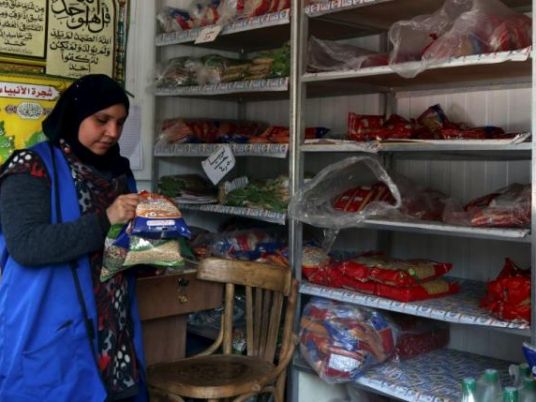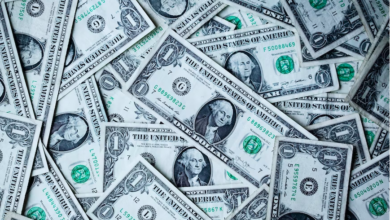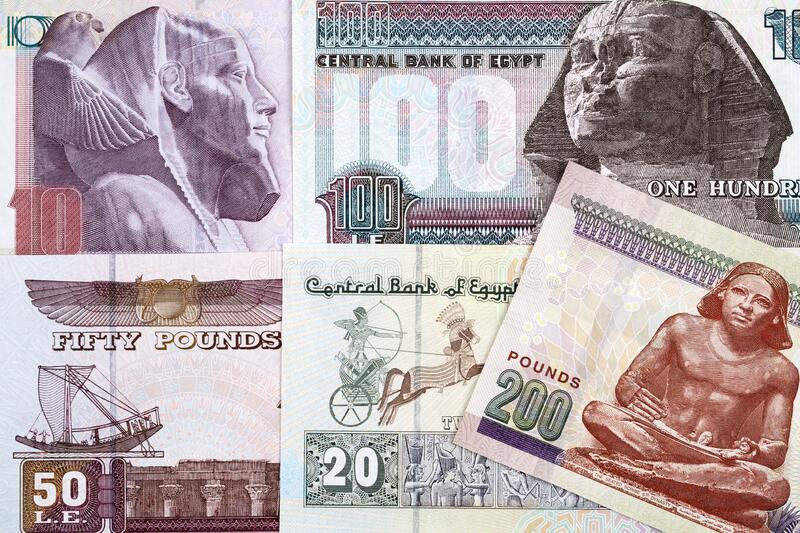
Egypt said it plans to build a six month reserve of essential food items, adding to other recent purchases of commodities such as oil and wheat, in what traders said was a move to build up stocks ahead of a currency devaluation.
Prime Minister Sherif Ismail said late on Tuesday the country would look to import 500,000 tonnes of rice and 400,000 tonnes of sugar to boost reserves and keep prices in the domestic market down.
The statement came after state grain buyer GASC announced three separate tenders in the space of one day for wheat, vegetable oils and sugar.
"I would definitely say that the current plan does appear to be stocking up on imported stocks before a devaluation. We're seeing this happening in sugar, rice, beans, and the current campaign in wheat," one Cairo-based commodities trader said, echoing several others who spoke to Reuters.
GASC declined to comment on the issue.
Egypt, the world's largest wheat importer, operates a massive food subsidy programme to sell essential items to the country's poorest citizens.
"We've received numerous inquiries from different government agencies – some military as well – and they seem quite eager to get their hands on commodities," the trader said.
Pressure has been mounting on Egypt's central bank to devalue its currency as the country contends with an acute dollar shortage brought on by the flight of tourists and foreign investors, major sources of hard currency that fled after the 2011 uprising.
Speculation is rife that the bank could devalue the pound in coming days to close a widening gap with the black market rate, which has ticked up to more than 14 pounds to the dollar in recent days compared with the official rate of 8.8 pounds.
Essential commodities purchased by the government are among the few items that receive dollar allocations at the official rate, with the vast majority of importers forced to resort to the more expensive black market.
The additional imports are part of an "urgent plan to guarantee the stability of strategic stocks of essential food items and ensure there is at least six months in stock at all times," a cabinet statement said.
While some traders saw the recent uptick in government tenders as proof of an impending devaluation, others said the government's campaign may be too late, with goods likely to arrive in Egypt after a possible rate cut or currency flotation.
"Unfortunately stocks are only built with executed contracts and not with confirmed ones," another Cairo-based trader said.
The dash to fill stocks comes as prices have been climbing on commodities such as sugar and rice in recent weeks, partly due to shortages in the domestic market, traders told Reuters.
Sugar is trading locally at almost double its price from two months ago and quantities available to the private sector have been severely limited, one trader said.



